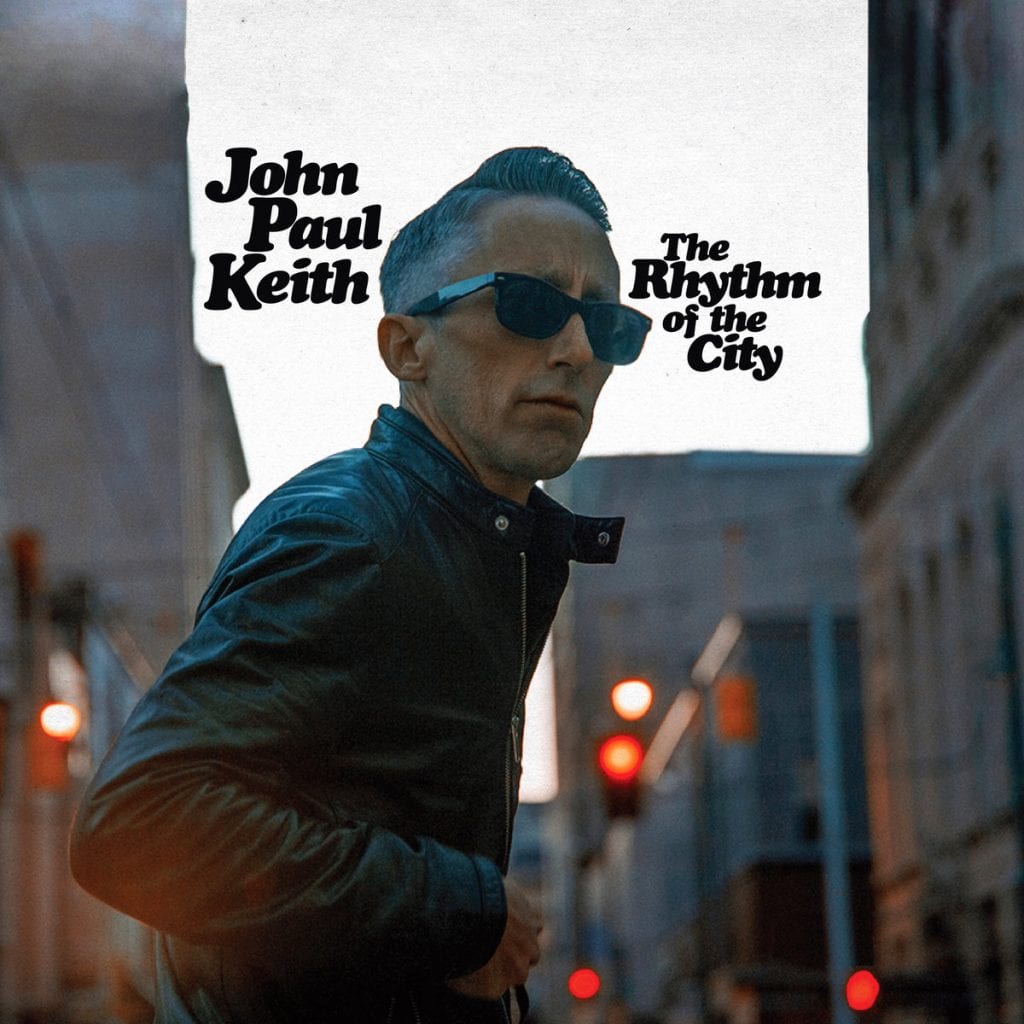John Paul Keith Draws on Memphis’ Musical Past and Present for ‘Rhythm of the City’

Authenticity is currency in the Americana world: Sure, you can sling a guitar, but do you mean it? Is the wide-brimmed hat and affinity for bourbon an affectation or a way of life? Authenticity is impossible to define, but it’s something that the listener can tell in an instant. Memphis troubadour John Paul Keith’s latest album, Rhythm of the City, is a prime example of hitting authenticity out of the park.
Keith’s oeuvre has a retro feel, but by his own admission, Rhythm of the City is the best of his efforts. The album sits comfortably between homage and nostalgia, with Keith making every effort to incorporate Easter eggs that pay tribute to the legendary musical history of his hometown.
The classic-sounding bopper “Love Love Love” pays direct homage to Johnny Burnette and the Rock ’n Roll Trio. The airplane sound on “Rhythm of the City” is courtesy of Archie “Hubbie” Turner on clavinet, who provided a similar effect on the Box Tops song “The Letter.”
It’s not enough, of course, to use the same studios, gear, or session players to dig into that authenticity. It’s about embodying the sense of discovery and excitement that brought the music to life to begin with. Keith has the perfect crooner’s voice, sounding on “I Don’t Wanna Know” like a dead ringer for Buddy Holly.
“If I Had Money” reminds us what drew so many to early R&B and rock and roll. You don’t need complex lyrics to tell the truth; less is more — especially with an experience that’s universal. Of course, including a swinging rhythm section and an economical use of guitar pyrotechnics helps highlight how each component of the song contributes to a seamless whole.
Keith isn’t afraid to get a little funky with it. “The Sun’s Gonna Shine Again” (featuring electric sitar in tribute to the late studio musician Reggie Young) demonstrates how much of a student Keith is of the sound. By coloring outside of the lines a bit, he transmits the tension between a classic and modern sound, a tension that pays off with a song that feels fresh and timeless: speaking directly to the pain of 2020, the struggles of the civil rights movement that birthed this music, and the more intimate trials we face that are rarely shown on history’s canvas.
Indeed, Rhythm of the City is not simply a tribute to Memphis’s musical history, nor even a continuation of its legacy. With this album, John Paul Keith helps us appreciate the bonds that tie all of together anywhere: past, present, and future.


